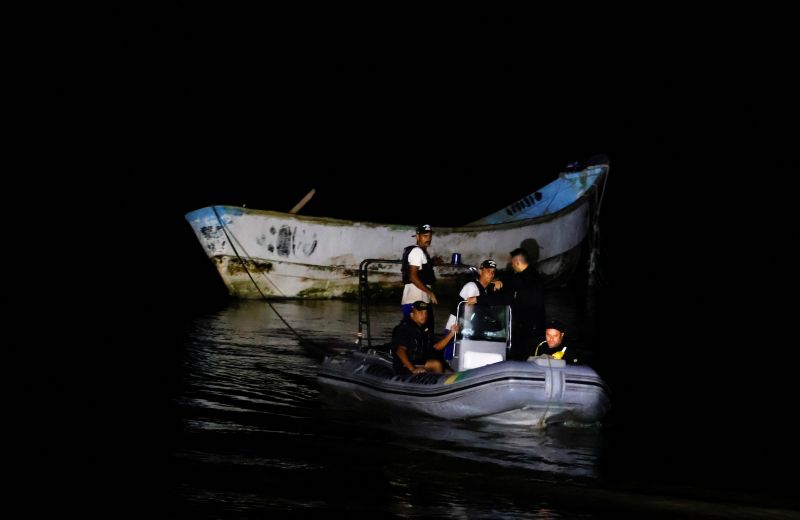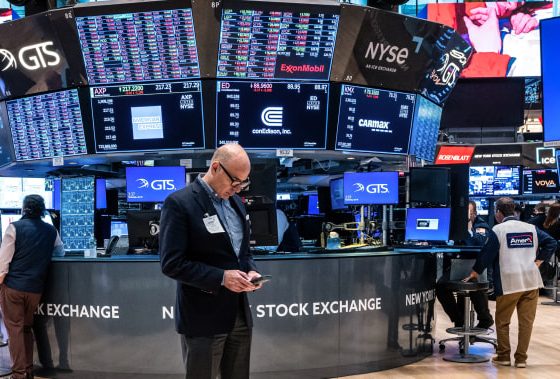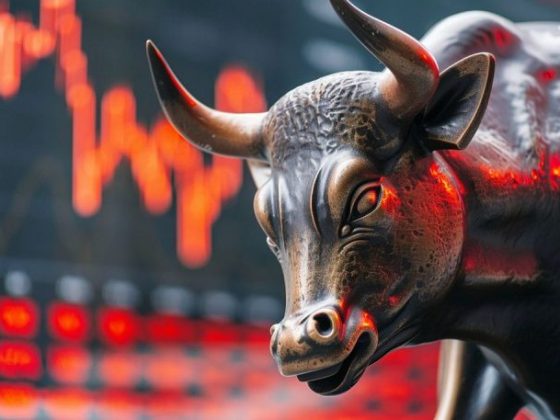 Narendra Modi, India’s influential leader, is once again seeking re-election, setting his eyes on a transformative third term in office. Since taking the reins as Prime Minister in 2014, Modi has become one of India’s most popular but also controversial figures.
Modi’s tenure has been marked by a series of audacious policy initiatives aimed at transforming India’s economy and society. These include the implementation of the Goods and Services Tax, a nationwide tax regime to replace state-level taxes; the controversial decision to demonetize higher-denomination currency notes; and initiatives aimed at expanding digital infrastructure and promoting cashless transactions. His government has also implemented several social reforms, including legislation aimed at improving sanitation, affordable housing, and access to banking services for the poor.
However, his leadership has also been engulfed in controversies. Critics accuse his administration of fostering a climate of intolerance and division, particularly towards India’s Muslim minority. The government’s handling of the COVID-19 pandemic, especially during the severe second wave in 2021, has also drawn severe criticism. The Indian economy, which was already slowing pre-pandemic, has taken further hits.
Despite these challenges, Prime Minister Modi remains a formidable political force in India. His party, the Bharatiya Janata Party (BJP), won an expanded majority in the 2019 general elections, reflecting the continued popularity of Modi amongst large segments of the population. His charisma, coupled with his image as a tough, incorruptible leader
Narendra Modi, India’s influential leader, is once again seeking re-election, setting his eyes on a transformative third term in office. Since taking the reins as Prime Minister in 2014, Modi has become one of India’s most popular but also controversial figures.
Modi’s tenure has been marked by a series of audacious policy initiatives aimed at transforming India’s economy and society. These include the implementation of the Goods and Services Tax, a nationwide tax regime to replace state-level taxes; the controversial decision to demonetize higher-denomination currency notes; and initiatives aimed at expanding digital infrastructure and promoting cashless transactions. His government has also implemented several social reforms, including legislation aimed at improving sanitation, affordable housing, and access to banking services for the poor.
However, his leadership has also been engulfed in controversies. Critics accuse his administration of fostering a climate of intolerance and division, particularly towards India’s Muslim minority. The government’s handling of the COVID-19 pandemic, especially during the severe second wave in 2021, has also drawn severe criticism. The Indian economy, which was already slowing pre-pandemic, has taken further hits.
Despite these challenges, Prime Minister Modi remains a formidable political force in India. His party, the Bharatiya Janata Party (BJP), won an expanded majority in the 2019 general elections, reflecting the continued popularity of Modi amongst large segments of the population. His charisma, coupled with his image as a tough, incorruptible leader
Narendra Modi: India’s popular but controversial leader seeking a transformative third term

 Narendra Modi, India’s influential leader, is once again seeking re-election, setting his eyes on a transformative third term in office. Since taking the reins as Prime Minister in 2014, Modi has become one of India’s most popular but also controversial figures.
Modi’s tenure has been marked by a series of audacious policy initiatives aimed at transforming India’s economy and society. These include the implementation of the Goods and Services Tax, a nationwide tax regime to replace state-level taxes; the controversial decision to demonetize higher-denomination currency notes; and initiatives aimed at expanding digital infrastructure and promoting cashless transactions. His government has also implemented several social reforms, including legislation aimed at improving sanitation, affordable housing, and access to banking services for the poor.
However, his leadership has also been engulfed in controversies. Critics accuse his administration of fostering a climate of intolerance and division, particularly towards India’s Muslim minority. The government’s handling of the COVID-19 pandemic, especially during the severe second wave in 2021, has also drawn severe criticism. The Indian economy, which was already slowing pre-pandemic, has taken further hits.
Despite these challenges, Prime Minister Modi remains a formidable political force in India. His party, the Bharatiya Janata Party (BJP), won an expanded majority in the 2019 general elections, reflecting the continued popularity of Modi amongst large segments of the population. His charisma, coupled with his image as a tough, incorruptible leader
Narendra Modi, India’s influential leader, is once again seeking re-election, setting his eyes on a transformative third term in office. Since taking the reins as Prime Minister in 2014, Modi has become one of India’s most popular but also controversial figures.
Modi’s tenure has been marked by a series of audacious policy initiatives aimed at transforming India’s economy and society. These include the implementation of the Goods and Services Tax, a nationwide tax regime to replace state-level taxes; the controversial decision to demonetize higher-denomination currency notes; and initiatives aimed at expanding digital infrastructure and promoting cashless transactions. His government has also implemented several social reforms, including legislation aimed at improving sanitation, affordable housing, and access to banking services for the poor.
However, his leadership has also been engulfed in controversies. Critics accuse his administration of fostering a climate of intolerance and division, particularly towards India’s Muslim minority. The government’s handling of the COVID-19 pandemic, especially during the severe second wave in 2021, has also drawn severe criticism. The Indian economy, which was already slowing pre-pandemic, has taken further hits.
Despite these challenges, Prime Minister Modi remains a formidable political force in India. His party, the Bharatiya Janata Party (BJP), won an expanded majority in the 2019 general elections, reflecting the continued popularity of Modi amongst large segments of the population. His charisma, coupled with his image as a tough, incorruptible leader

